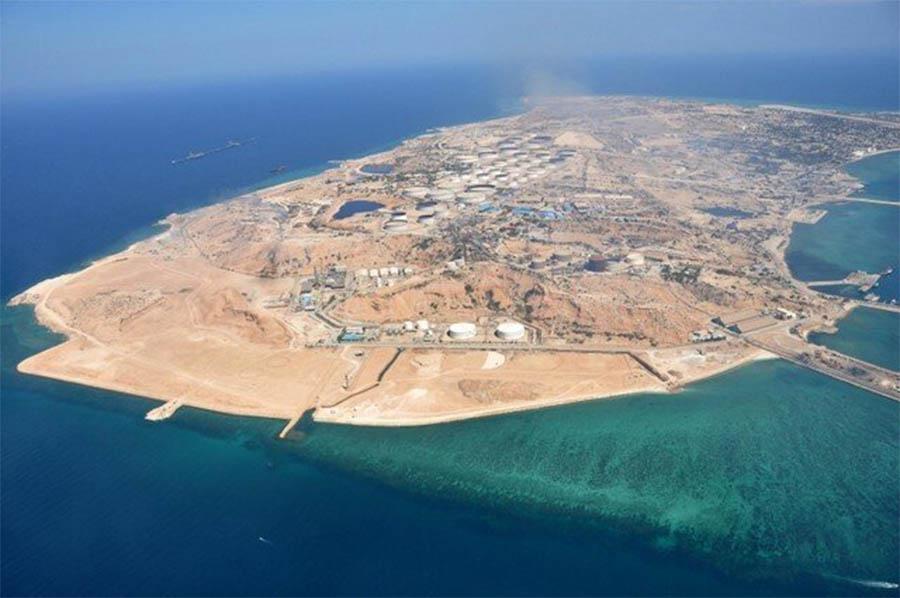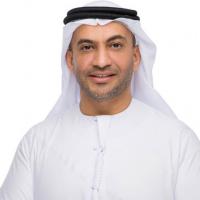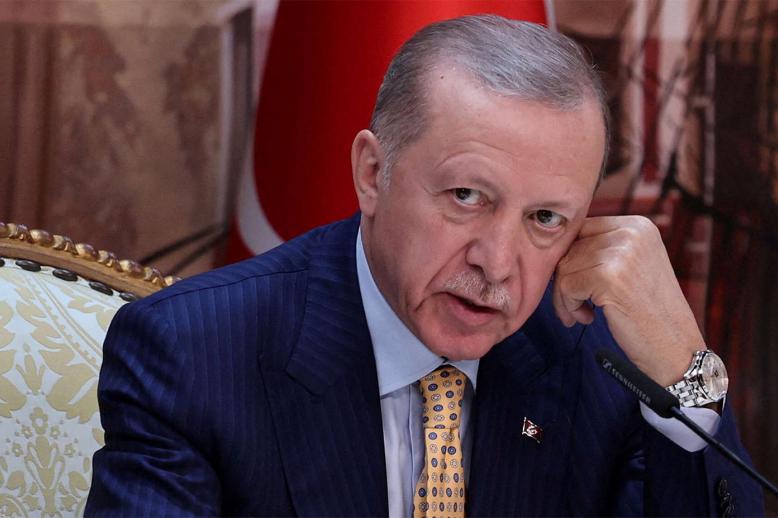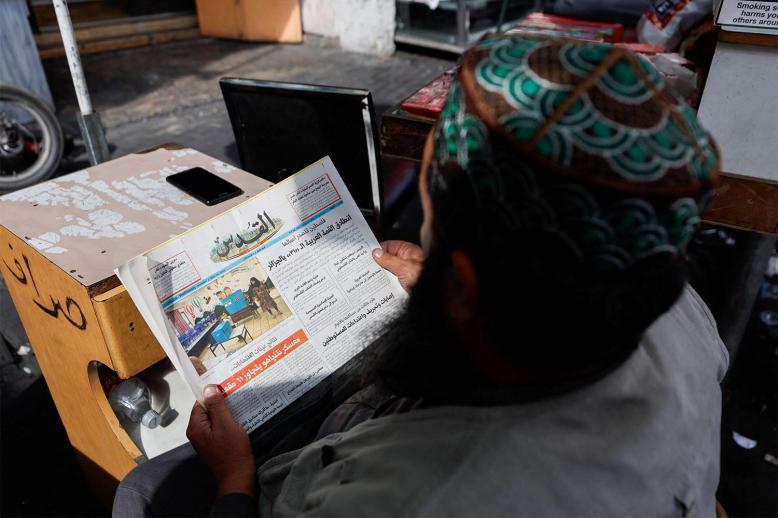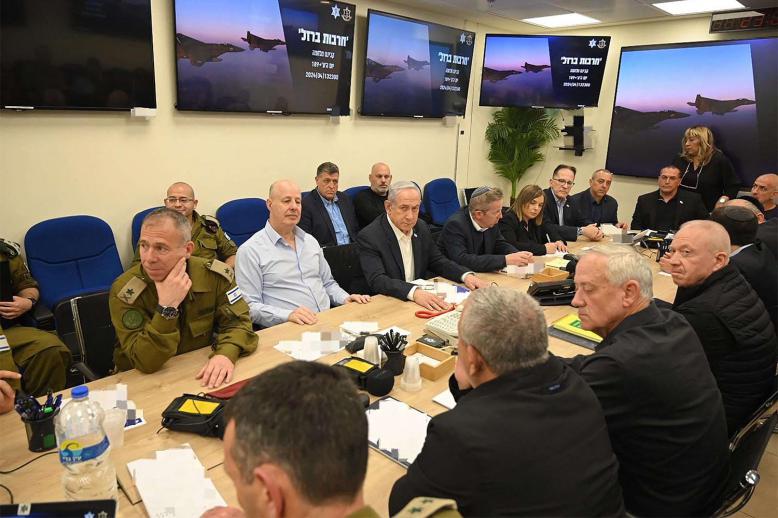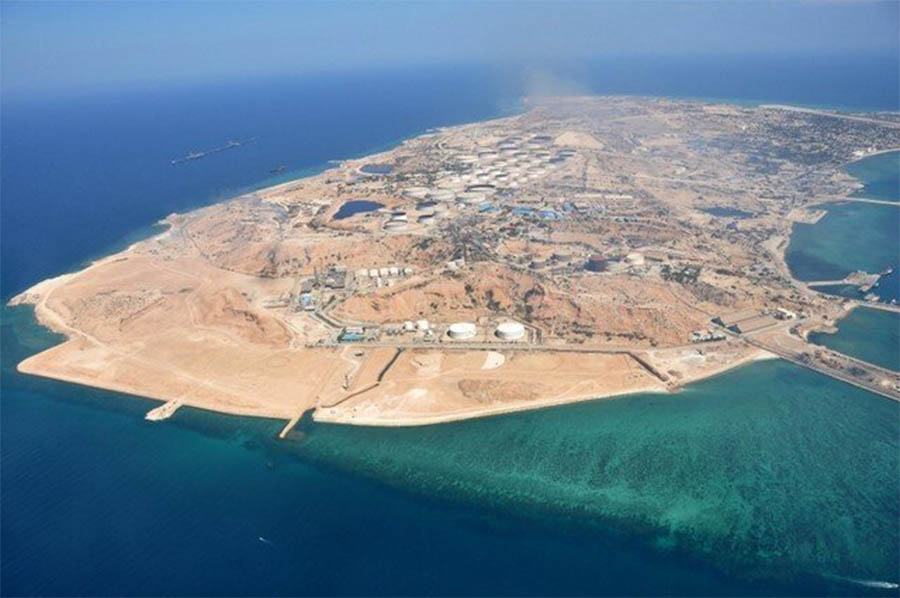Occupied UAE Islands: Iran’s mixed signals
One of the most important lessons all GCC countries have learned from Iranian behavior since 1979 is that nothing happens by accident; every move the regime makes is a message to a specific party.
The timing of Iran’s official announcement to open Imam Ali Airport on Greater Tunb Island, one of the three emirates occupied by Iran, and to establish an airline between this island and the capital Tehran could never surprise us.
It is no big surprise either that the inauguration took place in the presence of the President of the Iranian Civil Aviation Organization, Mohammad Mohammadi Bakhsh, and the Commander of the Naval Forces of the Revolutionary Guard, Admiral Ali Reza Tangsiri, who took the opportunity to make statements that only exist in the imagination of Iranian hardliners, supporters of the regime and militias in the region.
Iran seeks to consolidate its occupation of the three UAE islands. Thus, the commander of the naval forces of the Revolutionary Guards has frequently appeared on the territory of the three Emirates islands.
In recent years, Admiral Tanxiri has reaffirmed his regime’s claims of ownership over the three UAE islands (Greater Tunb, Lesser Tunb, and Abu Mosa) and has even gone so far as to make the hollow claim that the Kingdom of Bahrain is “part of Iran.” Speaking in a television interview with Iran’s Al Alam television station, he said, “You know very well that the islands are Iranian.”
“If we were to go back in history, we would know that Bahrain was part of Iran until 1971,” he said, adding, “Can anyone claim that they own these islands?” “While Bahrain, which has a long history, was part of Iran, especially since these islands are only 16 miles off our coast? These islands are Iranian. But our enemies want to raise these issues to expand in the region.”
This discourse clearly reflects how the Iranian regime, good at distributing roles and deflecting attention, talks in some ways about “good neighborliness” and a desire for cooperation, only to take steps back at a certain point (such as opening an airport on an occupied island) or make provocative statements, such as the one we mentioned earlier.
For example, Iran does not back down from claiming to champion Palestine and the Palestinians, but is occupying territories that belong to the Emirates based on compelling historical evidence and documents.
It claims sovereignty over an Arab Gulf state and a member of the UN, as if we were living in a jungle where the strong eat the weak, rather than in a civilized world that ought to be governed by international laws, conventions, and norms.
But we are not surprised by the violations, practices and accusations of those who openly boast of having occupied four Arab capitals and wanting to snatch the fifth, but shamelessly shed tears over the occupation of Palestine. The choice of timing for announcing the opening of an airport on the occupied island of Greater Tunb is the news, not the airport itself.
The Iranian regime and the Revolutionary Guard in particular have been trying to maintain the occupation of the three islands for years through a project to settle and build two airports and breakwaters ordered directly by Supreme Leader Ali Khamenei to rehabilitate the islands and use their strategic importance for Iran’s defense, as Tangsiri himself said in his remarks in April 2020.
“We intend to create infrastructures on these islands to rehabilitate them and settle the population there as ordered by the Supreme Commander of the Armed Forces,” he said. “The first man in the state,” he added, said that people should live on the islands and that “we should prepare the islands for this.” The timing here is the news.
This comes amid expectations of improvement in relations between Iran and the GCC countries, following developments and breakthroughs the likes of which have not been seen recently, frequent media reports about a possible visit by the Iranian president to the UAE and official statements about “Iran’s desire to strengthen ties with the UAE.” We as observers are faced with two interpretations.
First, there are differences in Iranian positions and policies regarding the conduct of relations with the regional neighborhood. In other words, there are those who want to achieve a breakthrough and those who want to destroy all positive signs.
The second of these interpretations is that what is happening, negative as well as positive, is nothing but the game of distributing Iranian roles, always carried out under fictitious justifications that the Iranian regime has successfully exported abroad and convinced many of them.
These include the conservatives vs the reformists, the extremists vs the moderates, and other illusions whereby Iran has succeeded in achieving many of its goals, most notably access to nuclear know-how and production capabilities that intelligence agencies estimate are only a political decision and a few weeks away from the “bomb.”
The opening of an airport, the construction of a breakwater, or the relocation of some residents to the three occupied islands of the Emirates do not change the historical facts and legal foundations that prove the UAE’s sovereignty over these islands.
All are pathetic steps to divert attention, export internal crises, create a problem that distracts Iranians from many internal issues, confusion in strategic vision that puts slogans and false heroism above the interests of a people who deserve to enjoy the proceeds of wealth that evaporates in search of specious dreams. Breakwaters and airports do not legalize occupation.
Settling populations and establishing transport links do not impose a new reality on occupied islands, which will sooner or later be returned to their rightful owners. The plans of Tangsiri and others will not succeed in erasing the facts of history and erasing people’ memories.
The only benefit of these repeated provocations is that they expose the intentions, reveal what is hidden, and raise legitimate questions about the mixed signals on the desire for dialogue, stability, and good neighbourliness. It makes no sense that those who want stability provoke others, raise hot issues and try to consolidate the occupation of others’ territories.
Salem AlKetbi, a UAE political analyst and former Federal National Council candidate

